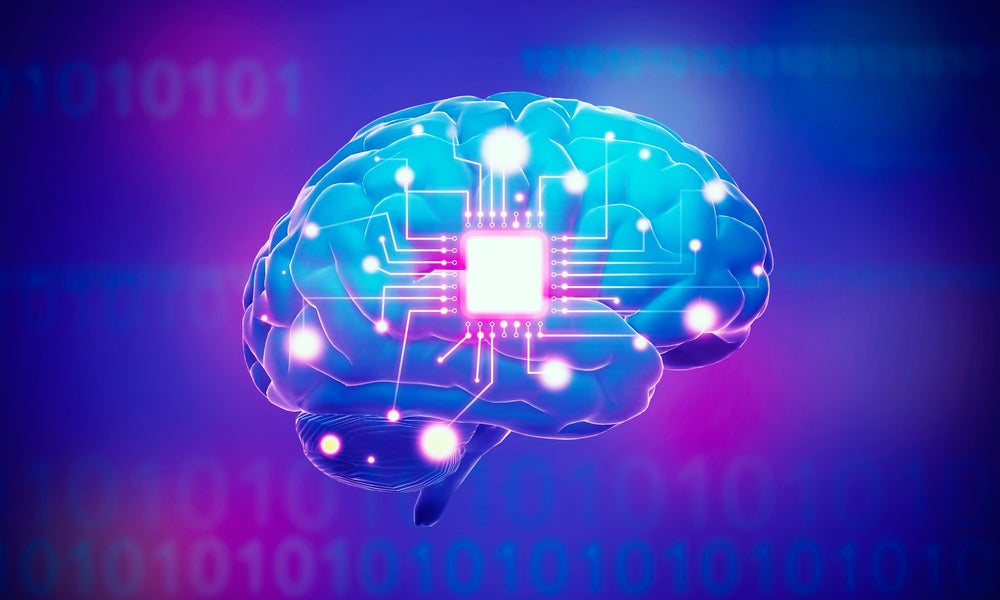After winning breakthrough device designation, Onward Medical has been accepted into the US Food and Drug Administration’s (FDA) total product life cycle advisory programme (TAP) for its brain-computer interface (BCI) technology.
The TAP is a new initiative by the FDA to provide faster patient access to medical devices and spur more rapid development.
With its inclusion, Onward joins only one other unnamed BCI company on the programme.
Netherlands-based Onward’s ARC-BCI system comprises the company’s ARC-IM technology with a BCI device to help restore mobility after spinal cord injury.
Developed by French company Clinatec, the brain-computer interface registers brain intention to move upper extremities and decodes signals using artificial intelligence. The ARC-IM stimulator then captures the decoded information to precisely stimulate the spinal cord. The combination has already provided positive results in providing movement for the paralysed lower legs.
While the breakthrough device designation granted earlier this month will help with a prioritised application, the TAP programme will facilitate enhanced collaboration and support from the agency. Benefits range from earlier device risk mitigation to more timely premarket interactions.
Onward Medical’s CEO Dave Marver said: “TAP enables us to reduce the time and cost to deliver the benefits of ARC-BCI to people living with paralysis.”
Onward has completed two feasibility studies with the ARC-BCI system, demonstrating the technology’s ability to restore movement in upper and lower limbs.
The company is set for a busy 2024, after announcing it is on track to submit a de novo application for its non-invasive neuromodulation therapy ARC-EX to the FDA. A submission is slated for the first half of the year.
Shares in the Euronext Brussels-listed company have risen sharply since the turn of the year following clinical and developmental milestones. The company is trading around 40% higher compared to the same time in January.
A market model by GlobalData estimates that the global neuromodulation device market will be worth $11.4bn by 2033, up from $6bn in 2022.
Perhaps the most well-known company developing neuromodulation is Elon Musk’s Neuralink. The billionaire businessman recently announced the first successful implantation of its brain-computer interface in humans.









